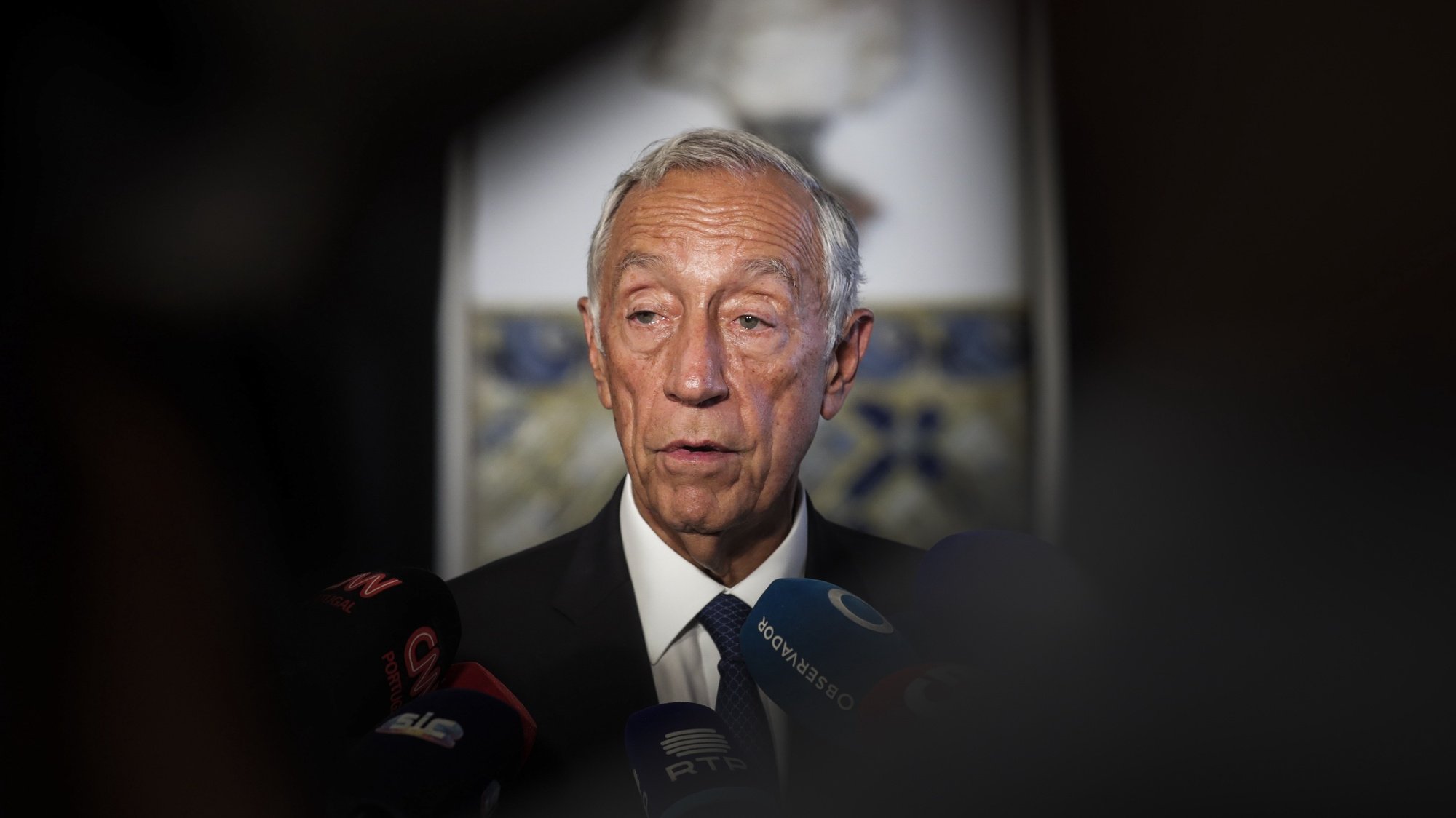The President of the Republic promulgated this Monday the new Statute of the SNS, approved by the Government at the beginning of July, but with a list of “doubts”, especially regarding the new executive direction of the National Health Service that this reform will create. Marcelo is afraid of the risk that the model runs”compress or deflate executive management” and says that lack substance to the government diploma.
In a note published on the Presidency website, Marcelo Rebelo de Sousa says that he promulgated the diploma 48 hours after receiving it because “we must recover the lost years, that is, with the pandemic and it is because of the National Health Statute” . Service that any serious, effective and global health reform in Portugal must start. Delaying its entry into force would be incomprehensible to the Portuguese,” he wrote. He admits that “the new Statute tries to solve some of the existing problems”, such as the flexibility of structures, or “exceptional solutions for the most disadvantaged geographical areas” and also speaks, in this short list of positive points, of centralization ” in an Executive Directorate, to create it, which is divided into Government interventions, directors of the Central Administration and directors of various Health Units”.
Although he recognizes “positive aspects” in the “intention” of the Government, Marcelo has Doubts on the model of this new figure, which he describes as the “most daring idea” and which, as he understands, will carry out “the government’s political lines but without joining the existing structures of the Ministry of Health”, pointing out here the risk of emptying the new function. And he also suggests that, in the future, with the “promised decentralization”, this emptying will aggravatesince competencies will be transferred from the Regional Health Directorates to the Coordination and Regional Development Commissions and, subsequently, to the “possible administrative regions”.
The President also considers a problem the time until “everything essential in the diploma” is regulated. “The very legal nature of the SNS –if it has legal personality and administrative and financial autonomy–; the framework and powers of the new Executive Board; the personnel regime; and exceptional solutions for the most disadvantaged areas.”
Marcelo reveals that he still cannot understand the scope of the diploma at this stage, keeping in mind that it is “remissive” for “diplomas that are truly substantive diplomas.” That is why the message that accompanies the enactment ends by challenging the Government to “accelerate its regulation” and “clarify what remains to be clarified” so that “a unique opportunity is won, or at least not lost,” he concludes.
Source: Observadora
